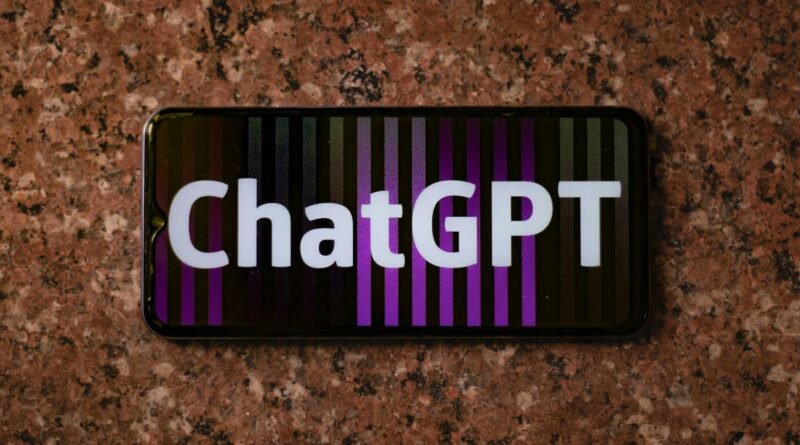The Double-Edged Sword: Sam Altman’s Candid Concerns on Youth, ChatGPT, and the Future of Education
In an era defined by the rapid ascent of Artificial Intelligence, OpenAI CEO Sam Altman, a leading voice in the AI revolution, has issued a sobering caution regarding the growing reliance of young people on tools like ChatGPT. His recent remarks shed light on the potential “bad and dangerous” impacts of this dependency, while also offering a profound vision for how AI is set to fundamentally reshape the landscape of education.
Altman’s concerns stem from observations that some teenagers are increasingly treating ChatGPT not merely as a tool, but as a “best friend,” a “life coach,” and even a “decision-maker.” This emotional over-reliance, he suggests, could lead to a diminished capacity for critical thinking and personal judgment. “Even if ChatGPT gives great advice, even if ChatGPT gives way better advice than any human therapist, something about collectively deciding we’re going to live our lives the way AI tells us feels bad and dangerous,” Altman stated at a recent Federal Reserve forum.
A recent survey by Common Sense Media underscores Altman’s apprehension, revealing that a staggering 72% of teenagers have used AI companions, with a notable portion expressing trust in the advice they receive. Younger teens, aged 13-14, showed a higher propensity for trusting AI, raising questions about how this early and deep integration of AI might shape their cognitive development and autonomy.
Altman drew a distinction between how different generations interact with AI. While older users might see ChatGPT as a sophisticated search engine, younger demographics are integrating it into their daily lives with an almost operating-system-like depth. College students, he noted, are employing complex prompts and connecting files to ChatGPT, effectively turning it into an extension of their thought processes for everything from academic tasks to personal dilemmas.
Beyond the individual, Altman also touched upon the broader societal implications, particularly for education. He envisions a future where traditional schooling models may become increasingly outdated. “In that world, education is going to feel very different,” Altman remarked in a podcast. “I already think college is, like, maybe not working great for most people, but I think if you fast-forward 18 years, it’s going to look like a very different thing.”
He suggests that future generations will not necessarily be “smarter than AI,” but will be “vastly more capable” by effectively leveraging these powerful tools. This perspective shifts the focus of education from rote memorization and information recall to fostering critical thinking, problem-solving, and the ability to effectively collaborate with AI. Personalized learning experiences, tailored to individual needs and paces through AI-driven platforms, could become the norm, a vision that promises to democratize access to high-quality education.
However, this transformative potential comes with its own set of challenges. The privacy of sensitive conversations with AI, for instance, remains a major concern for Altman. He has openly questioned the lack of legal privilege for discussions with AI tools, unlike those with human therapists or lawyers, especially as young people increasingly confide personal details to chatbots.
While acknowledging the undeniable benefits of AI in boosting productivity and creativity, Altman’s candid warnings serve as a vital call to action. They highlight the urgent need for a balanced approach to AI integration, particularly for the younger generation. Educators, parents, policymakers, and indeed, the tech industry itself, must work collaboratively to establish new “guardrails” that ensure AI remains a powerful assistant, augmenting human capabilities, rather than a crutch that diminishes our innate capacity for independent thought and emotional intelligence. The future of learning and human agency, it seems, will be profoundly shaped by how we navigate this delicate balance.

